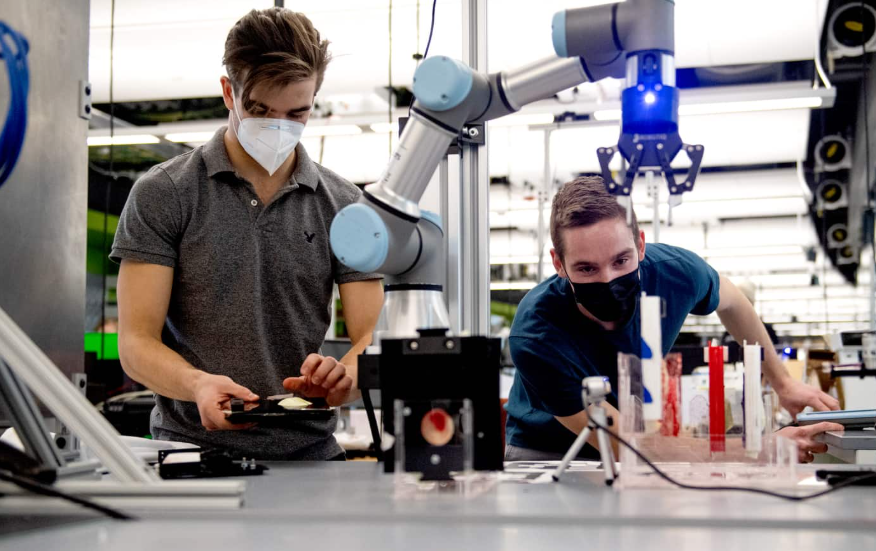The future of robotic surgery is poised to transform medical practices significantly. Innovations in technology promise to enhance surgical precision and efficiency while minimizing patient trauma. However, challenges remain in integrating these advanced systems into existing healthcare frameworks. As the industry navigates these complexities, the implications for surgical outcomes and patient care standards warrant closer examination. What factors will ultimately determine the success of this integration in everyday medical procedures?
Advancements in Robotic Surgery Technology
Recent advancements in robotic surgery technology have significantly transformed the landscape of minimally invasive procedures.
The integration of machine learning enhances surgical precision, allowing for real-time data analysis and adaptive techniques. Surgeons can now rely on enhanced visual feedback and automated systems, which promote accuracy.
This evolution not only elevates operational standards but also embodies a progressive shift towards empowering medical professionals in their quest for excellence.
Benefits of Robotic-Assisted Procedures
The advancements in robotic surgery technology have not only enhanced surgical precision but also brought forth a myriad of benefits associated with robotic-assisted procedures.
These precision techniques significantly reduce trauma to surrounding tissues, leading to shorter recovery times. Consequently, patient outcomes improve, with diminished post-operative complications and enhanced quality of life.
The integration of robotics empowers surgeons to achieve unparalleled accuracy and efficiency in the operating room.
Challenges and Limitations of Robotic Surgery
While robotic surgery offers numerous advantages, it is essential to recognize the challenges and limitations that accompany this evolving technology.
Cost considerations can hinder widespread adoption, as the high price of robotic systems may not be justified in all surgical contexts.
Additionally, training requirements for surgeons are substantial, necessitating significant time and resources to ensure proficiency, thus impacting overall implementation.
The Future Landscape of Healthcare With Robotics
As advancements in robotic technology continue to reshape surgical practices, the future landscape of healthcare is poised for transformational change.
Robotic integration fosters enhanced precision and efficiency, enabling healthcare automation to streamline procedures and reduce human error.
This evolution promises improved patient outcomes and greater accessibility, empowering individuals with more choices in their care.
Ultimately, robotics will redefine the essence of modern healthcare.
Conclusion
In conclusion, the future of robotic surgery stands poised to transform healthcare, much like a sculptor expertly chiseling a marble block into a masterpiece. As technology continues to evolve, the precision and efficiency of robotic-assisted procedures will enhance patient outcomes and accessibility to care. However, awareness of the challenges and limitations is essential to navigate this complex landscape. Embracing this innovative frontier will ultimately redefine surgical standards and elevate the overall patient recovery experience.






